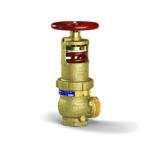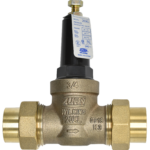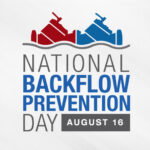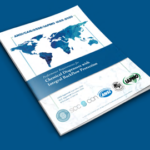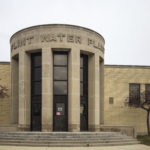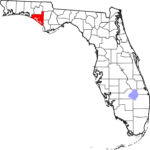The Reading Area Water Authority (RAWA) terminated the public water service recently to the United Corrstack LLC cardboard plant after water testing in the plant was high in E. coli, fecal coliform and other bacteria. The Authority routinely tests water samples from throughout the system and was taking samples in south Reading when it found high bacteria levels at the plant on Sept. 20. Based on the high bacteria samples from the plant, RAWA issued a boil-water advisory that impacted 2,092 customers on the public water system which included various restaurants, hotels and other businesses for a three-day period.
On Sept. 24, RAWA technicians did further testing and three separate samples from outside the plant were negative for bacteria. On October 1, RAWA took additional samples and got positive readings for E. coli and fecal coliform in the Laurel Street plant again. RAWA then tested the Corrstack Plant water against water in the citywide system and found that while the average chlorine level in city water was an appropriate 3.30 parts per million, chlorine levels taken from a bathroom and two break rooms in the plant ranged from 0.11 to 0.97, and one of those, water samples contained the presence of E. coli and other bacteria.
RAWA made a statement that read, “Based on laboratory testing, (RAWA) believes that the water service at your property violates RAWA and Pennsylvania Department of Environmental Protection regulations in that the water service supplied by RAWA has been connected with water from a well or other source of water not belonging to RAWA.” This information was contained in a shut-off notice presented by RAWA to Corrstack.
Art McLaughlin, Corrstack plant general manager, confirmed that RAWA had cut off the plant’s potable water supply until it can be determined what is causing the contamination. There is a well the company is allowed to use only for its production of cardboard boxes and other containers. It gets its potable water from RAWA, he said. “They think we might have a cross-tie between our water and the city’s potable water,” McLaughlin said. The plant closed and will remain closed until water service is restored.
RAWA regulations dating to 1994 prohibit water customers from cross-connecting city water with well water, particularly because it also is a violation of state environmental regulations.






 19 Nov 2018
19 Nov 2018
 Posted by BP Journal
Posted by BP Journal 






